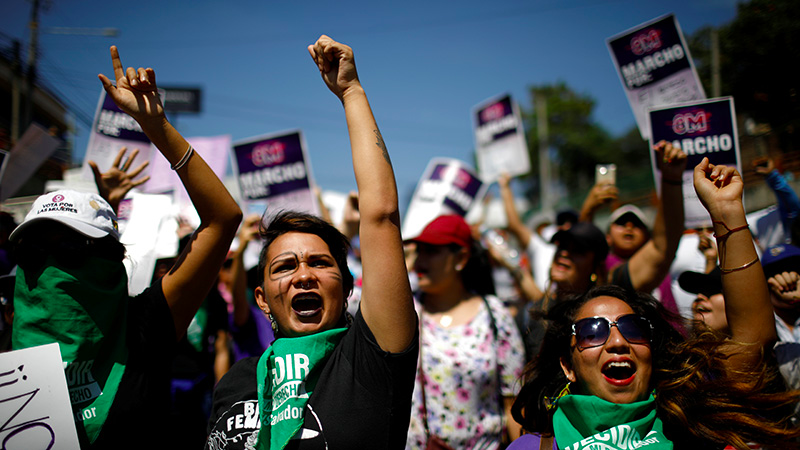Business
Public Policy: How African Govts Can Fund Grassroots Feminist and Civic Innovations

By Melody Okereke
What does it really mean when governments claim to prioritise inclusion and innovation, but fail to reflect those values in their budgets?
Across Africa, grassroots feminist movements and civic technologists have emerged as some of the continent’s most important problem-solvers. They fill gaps left by public institutions. They build platforms for accountability. They create safe spaces for survivors. They educate, organise and mobilise. Yet, year after year, they are excluded from public funding. Why?
When a community organisation helps women in rural areas track cases of gender-based violence, is that not a public service?
When a small tech collective builds tools to report police harassment or improve health system monitoring, are they not supporting public functions? If their work benefits the public, why is it funded almost entirely by foreign donors?
This contradiction reveals something deeper. Public finance systems in Africa have not been designed to support the kinds of actors who are closest to the ground. Instead, these systems favour large formal institutions that often operate far from the communities they are meant to serve. The result is a structure that rewards legacy and scale over relevance and proximity.
READ ALSO: Photos Of Security Searching Ladies In Their Pr!Vate P@Rts & B00bs Goes Viral
Most feminist and civic organisations cannot access government funding. This is not because they lack results. It is because they do not fit into the rigid administrative systems that determine who gets funded and who does not. Procurement rules require a level of institutional structure that many grassroots groups do not have. Budgeting practices favour established entities with longstanding political relationships.
Ministries often perceive civic groups as critics rather than as co-creators of solutions.
But is that sustainable? Shouldn’t those closest to the problem be seen as essential partners? Shouldn’t we recognise that the most transformative public work is often led by people outside government offices?
Take a closer look at national budgets across the region. Very few include funding lines for civic tech innovations. Even fewer allocate flexible funding for grassroots feminist organising. Local governments often lack both the resources and discretion to support community actors. This leaves those who are doing the hardest work without institutional support.
READ ALSO: Feminism Betrayed Me, I Need A Husband And Child – 38-Year-Old Woman Cries Out
READ ALSO: PHOTOS: Nigeria’s 1st Female Fighter Pilot Makes History In Ghana
Equity in policy practice demands more than inclusive language. It requires governments to change who they fund, how they fund and why they fund.
The first step is to change our definition of public actors. If a grassroots group is solving a public problem, it deserves public resources. Funding eligibility must be widened to include informal and community-based organizations. The state cannot continue to benefit from their labour without investing in their survival.
Second, feminist budgeting must become more than a symbolic gesture. Budgets must respond to the lived realities of marginalised people. That means allocating money to groups that are already providing gender-sensitive support in their communities. It also means ensuring that these allocations are accessible, repeatable and not trapped in short project cycles.
Third, public finance systems must reflect the value of civic innovation. Ministries could create dedicated funds for community-driven technology solutions. They could co-design public interest tools with local actors and compensate them accordingly. These steps are necessary if we are serious about governance that works.
Finally, political will is key. Civic actors should not be treated as threats or competitors. They are partners. Governments must stop applauding them in speeches while denying them in budgets. If equity is the goal, then funding must follow function.
The question is no longer whether feminist and civic innovators deserve public support. The real question is how long African governments can continue to overlook the very people who are making governance more just, more transparent and more human.























